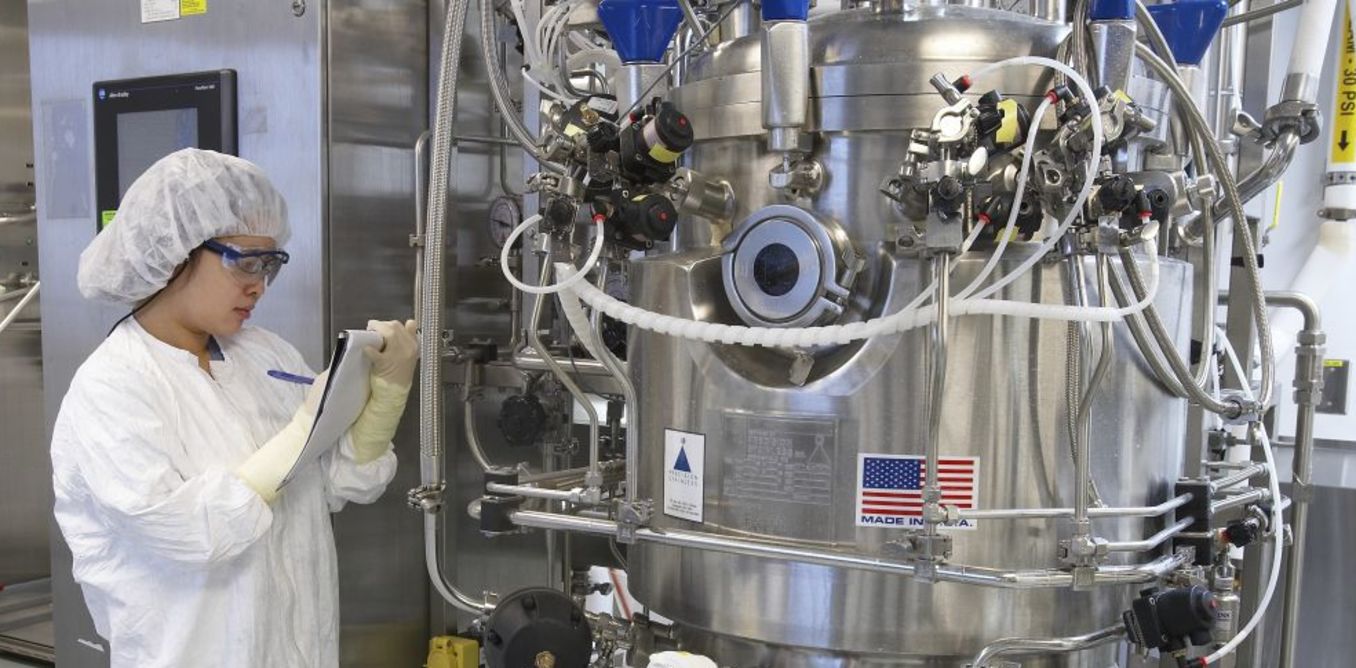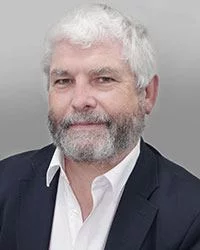What Kind of Jobs Can Mechanical Engineers Get in the Pharmaceutical and Medical Device Industry?
By: Donagh Fitzgerald B.Prod Eng and Gerry Creaner B.Chem Eng. Last Updated: October 2023

The majority of roles for mechanical engineers in pharma and medical device industry are in:
- project engineering with engineering consultancies and occasionally in-house with pharmaceutical companies. For these roles, you could bolster your application with a relevant project management qualification.
- plant, maintenance or facility engineering roles both within pharmaceutical and medical device manufacturing or engineering consultancies. For these types of roles, you are probably going to need some retraining but this is going to depend on your experience. Apart from the general “Maintenance Engineer” or “Plant Engineer” job titles, here are some typical job titles we often see advertised.
- Maintenance Systems Lead – ownership of all preventative and corrective works on plant utilities and equipment.
- Maintenance Planner – the focus is on developing the company asset maintenance program and strategy.
- Lead Utilities Engineer – manage capital projects from inception to delivery and ensure plant availability is maximised.
- Clean Utilities Engineer – ownership of clean utilities systems including purified water, water for injection, clean steam, high-quality compressed air, and nitrogen distribution.
- Facilities Engineer – ensure all preventative and corrective works on plant utilities and equipment are planned and executed.
- mechanical design roles with sector-focused engineering consultancies. For more mechanical design roles, your current qualifications may be enough although additional training especially in GMPs would definitely bolster your application.
- combination product engineering or design roles within medical device manufacturing. For these roles, your current qualifications may be enough although additional training in combination product design would definitely bolster your application.
- pharmaceutical validation. Your background in engineering design, plant engineering, fluid dynamics and even thermodynamics are all relevant to this field.
So as a mechanical engineer, you’d have roughly 5 broad options.
Option 1
Apply for project engineering roles with engineering consultancies.
Polish up your CV/Resume and apply as you are. An appropriate project management qualification or certification will help bolster your qualifications. You could apply for advertised positions or you could send out speculative job applications.
For a list of pharmaceutical and medical device manufacturers and engineering consultancies, click here if you are in Ireland and here if you are in the United Kingdom. For other locations, do a search for engineering consultancies for the pharma or med device sector.
Option 2
Retrain for plant engineering or facility engineer roles in pharmaceutical companies.
Pharma needs purified water and clean air systems to manufacture safe medicines which are used for injections. These aseptic processes have to be designed, validated, monitored, maintained and updated in FDA-regulated manufacturing facilities.
Here, you will take our 18-week Conversion Course into Engineering Roles in Pharma to learn GMPs and how safe medicines are made in a regulated environment. You will also learn the air, water and steam systems that underpin aseptic/sterile processing.
Then take our 10-Week Online Starter Validation program to learn how those systems are qualified.
Option 3
Apply for mechanical design roles with engineering consultancies
CAD Experience including SolidWorks and AutoCAD are usual requirements. Bolstering your qualifications by taking our 6-week GMP Training Course For Beginners in the Pharmaceutical Industry to learn about Good Manufacturing Practices (GMPs) and the risk management techniques used in the FDA-regulated manufacturing environment.
Option 4
Apply for combination engineer or design engineer roles with medical device or pharmaceutical companies.
CAD Experience including SolidWorks and AutoCAD are usual requirements. Bolstering your qualifications by taking our 6-week GMP Training Course For Beginners in the Pharmaceutical Industry to learn about Good Manufacturing Practices (GMPs) and the risk management techniques used in the FDA-regulated manufacturing environment. You could also consider taking a course on combination product validation to further bolster your qualifications.
Option 5
Retrain for validation roles in both pharmaceutical companies and engineering consultancies.
Take our 15-week Validation Training Course – For Starter Validation Roles
This course explains the documentation used to specify and install new equipment systems in a manufacturing facility – and how to develop the test protocols, generally referred to as Installation Qualification (IQ), Operational Qualification (OQ) and Performance Qualification (PQ).
As the final assessment, you will learn to complete an IOQ validation protocol for a clean-in-place system.
Typical roles:
- Validation Technician – Some pharma companies call this role:
- Associate QA Validation Specialist
- Equipment Validation Specialist
- QA Validation Associate
- QA Validation Specialist
- CQV Specialist – Some pharma companies call this role:
- CQV Junior Engineer
- C&Q Specialist
- C&Q Junior Project Manager
With validation, CQV and C&Q roles, you could work directly for:
- pharmaceutical companies on in-house projects
- engineering consultancies as part of a project team on small to large capital projects
- engineering contractors as part of a project team on small to large capital projects
Two additional points
1/ Pharma and Medical Device manufacturing uses GMPs
Pharmaceutical and medical device manufacturing facilities are regulated according to Good Manufacturing Practice or GMPs. While it’s often compared to ISO9001, it’s not trying to do the same thing. GMP is a product quality standard. Its focus is on getting the right quality product to the only customer of GMPs – the patient. ISO9001 is more about running the whole business, a goal of which will be producing products of the right quality – but it has other aims too.
Another key difference is that GMPs are government regulations. If you don’t follow GMPs, you’ll be facing an audit from the government regulator, a very serious fine, serious reputational damage and potentially some very sick or even dead patients.
2/ Our number one piece of advice is to thoroughly read the job adverts
Until you really get to grips with industry opportunities, don’t discount jobs based on their title alone. Even jobs that sound kind of niche often have some flexibility around degree subject and experience level.
About the Author
Donagh Fitzgerald
Head of Marketing & Product Development
Mechanical/Production Engineer
Donagh looks after the marketing and product development including the training and pedagogical elements of our programs and makes sure that all GetReskilled’s users can have a great online learning experience. Donagh has lived and worked in many countries including Ireland, America, the UK, Singapore, Hong Kong and Japan. Donagh has also served as the Program Manager for the Farmleigh Fellowship based out of Singapore.
Donagh holds Degrees in Production Engineering and Mechanical Engineering from South East Technological University, Ireland.
Gerry Creaner
President
Senior Lecturer with GetReskilled
Gerry Creaner has over 30-years of experience in the Life Sciences Manufacturing industry across a range of technical, managerial and business roles. He established a very successful engineering consultancy prior to founding GetReskilled, an online education and learning business, with offices in Singapore, Ireland and Boston (USA), focussed on the manufacture of safe and effective medicines for the public.
He is also a founding Director of two Singapore based philanthropic organizations, the Farmleigh Fellowship and the Singapore-Ireland Fund, both of which deepen the well established and historical Singapore – Ireland relationship and deliver long-term benefits to both countries.
Gerry has an undergraduate degree in Chemical Engineering (UCD, 1980) and an MSc (Management) from Trinity College Dublin (2003) and is currently doing research for his Ph.D.

